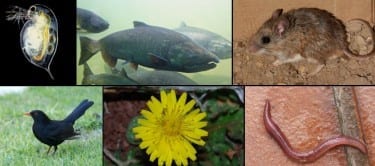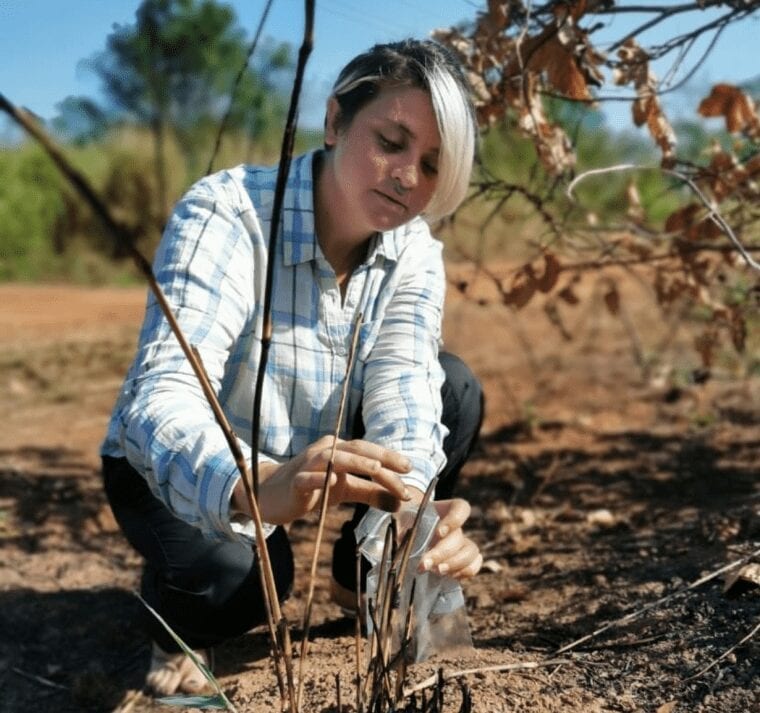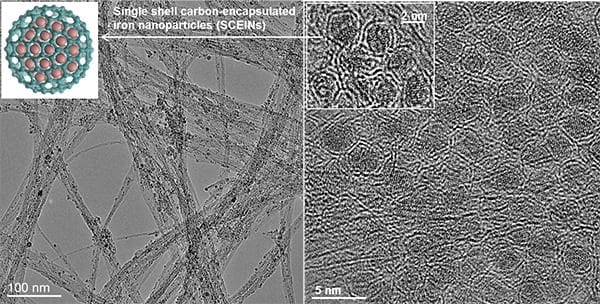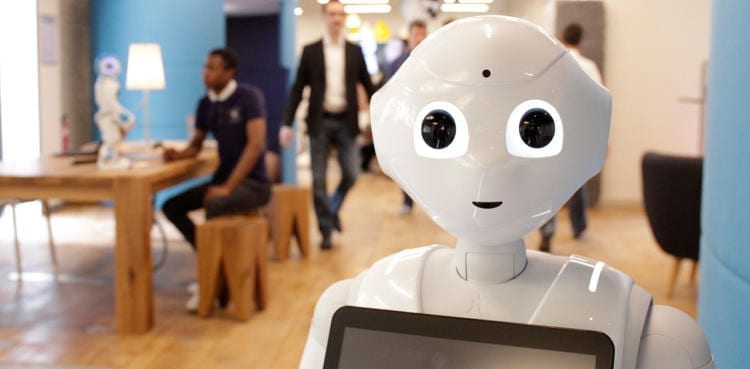
That humans and the cities we build affect the ecosystem and even drive some evolutionary change in species’ traits is already known.
Spiders in cities are getting bigger and salmon in rivers are getting smaller; birds in urban areas are growing tamer and bolder, outcompeting their country cousins.
What’s new is that these evolutionary changes are happening much more quickly than previously thought, and have potential impacts on ecosystem function on a contemporary scale. Not in the distant future, that is — but now.
A new paper by Marina Alberti of the Univ. of Washington College of Built Environments’ Urban Ecology Research Lab published this month in the journal Trends in Ecology & Evolution suggests that if human-driven evolutionary change affects the functioning of ecosystems — as evidence is showing — it “may have significant implications for ecological and human well-being.”
Alberti, a professor of urban design and planning, said that until recently it was assumed that evolutionary change would take too long to affect ecological processes quite so immediately. Such thinking has prevented evidence from coming together “in a way that can only emerge through a cross-disciplinary lens,” she said, observing the interactions between humans and natural processes.
“We now have evidence that there is rapid evolution. These changes may affect the state of the environment now. This is what’s called eco-evolutionary feedback.
“Cities are not simply affecting biodiversity by reducing the number and variety of species that live in urban habitats,” Alberti said. Humans in cities are causing organisms to undergo accelerated evolutionary changes “that have effects on ecosystem functions such as biodiversity, nutrient cycling, seed dispersal, detoxification, food production and ultimately on human health and well-being.”
Read more: Urbanization May Be Pushing Evolution to a Tipping Point
The Latest on: Urbanization
[google_news title=”” keyword=”Urbanization” num_posts=”10″ blurb_length=”0″ show_thumb=”left”]
via Google News
The Latest on: Urbanization
- Why the Far Right Is Making a Case for More Babieson April 28, 2024 at 4:00 am
Behind the scenes at the first Natal Conference, where a motley alliance is throwing out the idea of winning converts to their cause and trying to make their own instead.
- Scientists Warn of “Sinking Syndrome” in Coastal Cities Worldwideon April 28, 2024 at 3:55 am
According to scientists at the University of East Anglia (UEA) and Virginia Tech, land subsidence is an underestimated hazard in urban areas. Writing in the journal Science, Prof Robert Nicholls of th ...
- Climate change has ants on the march in Coloradoon April 28, 2024 at 3:00 am
Gregory Canyon near Boulder has been relatively insulated from urbanization, which makes it an ideal lab for new research on how warming is affecting ants.
- Rethinking urbanizationon April 28, 2024 at 2:15 am
One of the more obvious factors which has historically impacted quality of life for those living in the urban areas of Bangladesh is the sheer unplanned nature of our national urbanization efforts -- ...
- Maps Show Passenger Trains in US vs. Europe?on April 27, 2024 at 11:00 am
Although the maps conveyed a generally accurate impression of the differences in size and density between the U.S. passenger train system and Europe's, the U.S. map did not include all regional and ...
- UAE, Oman floods linked to global warming, urbanization - reporton April 26, 2024 at 4:44 am
After the downpour, that killed at least 23, there was a speculation that artificial weather modification could have been the cause of the disaster - Click the link for more.
- Global warming, urbanization behind record-breaking floods in UAE, Oman: Studyon April 26, 2024 at 1:51 am
A study by the World Weather Attribution team has now linked the record-breaking floods to global warming and urbanization. The study revealed that human-induced climate change has increased rainfall ...
- Environmental Imperatives Driving Growth: Urbanization and Safety Regulations Boosting Filter Bag Marketon April 24, 2024 at 1:14 am
The global filter bags market is estimated at USD 2.5 Billion in 2021 and is projected to procure USD 2.7 Billion by 2022. The market is anticipated to garner USD 4.3 Billion by 2032 while recording a ...
- Expert Hopes for Decline in Jakarta’s Urbanizationon April 23, 2024 at 10:25 pm
Sociologist Paulus Wirutomo is hoping that Jakarta’s urbanization will continue to decline, as it is set to be a boon to other regions.
- Why Global Urbanization Is Causing the Ground to Collapseon April 21, 2024 at 10:01 pm
We're using more water and pumping water faster than it can be replaced, causing cities to slowly sink Read Full Article » ...
via Bing News










